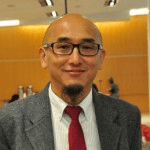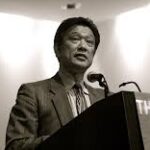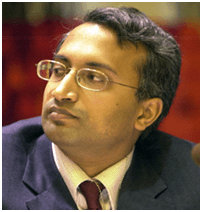Founded in 2004, the India China Institute is located within The New School, in New York City. Our goal is to enhance academic and public understanding of the global significance of India and China, which we pursue through support of interdisciplinary research and scholarship, fellowships, publications, workshops, and courses. The India China Institute also organizes public lectures and conferences featuring the participation of a global network of scholars, entrepreneurs, artists and diplomats.
“At the India China Institute, we are bringing together key people to rethink vital questions like: What are the truly important issues? How is the world changing? If we can get thinkers in India, China and the United States not only to agree about the biggest questions, but also to decide the shape and scope of them, then the answers will have a certain range of durability that answers in the past have not had. That’s a big ambition. But The New School has always been about big ambitions.” – Arjun Appadurai, ICI Co-founder.
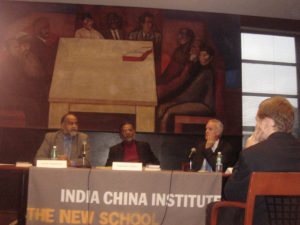 It is important to understand the historical context behind the creation of ICI to explain how a university with no real area expertise in Asia came to be the home for an innovative research institute focused on India and China. The New School, founded in 1919, was informed by John Dewey’s ideas of pragmatism and progressive education, later drawing influences from the critical social theory of the Frankfurt School as scholars exiled from Germany in the 1930s joined the faculty. Later influences came from the incorporation of the Parsons School of Design in 1970. The establishment of the India China Institute in 2004 at a university with a heavily Euro-American focus in terms of faculty and curriculum arose from a unique set of events. Then-President of The New School Bob Kerrey hired Anthropology Professor Arjun Appadurai as Provost of The New School in 2004, and asked him to turn his mind to creating a new institute within the school that continued and advanced its reputation for unconventional approaches to research and teaching. Appadurai, together with Professor Ben Lee, who at that time was the Dean of The New School for Social Research, conceived of ICI as a place to pursue new ways of thinking about the re-emergence of India and China onto the world stage in a manner that went beyond a traditional area studies approach.
It is important to understand the historical context behind the creation of ICI to explain how a university with no real area expertise in Asia came to be the home for an innovative research institute focused on India and China. The New School, founded in 1919, was informed by John Dewey’s ideas of pragmatism and progressive education, later drawing influences from the critical social theory of the Frankfurt School as scholars exiled from Germany in the 1930s joined the faculty. Later influences came from the incorporation of the Parsons School of Design in 1970. The establishment of the India China Institute in 2004 at a university with a heavily Euro-American focus in terms of faculty and curriculum arose from a unique set of events. Then-President of The New School Bob Kerrey hired Anthropology Professor Arjun Appadurai as Provost of The New School in 2004, and asked him to turn his mind to creating a new institute within the school that continued and advanced its reputation for unconventional approaches to research and teaching. Appadurai, together with Professor Ben Lee, who at that time was the Dean of The New School for Social Research, conceived of ICI as a place to pursue new ways of thinking about the re-emergence of India and China onto the world stage in a manner that went beyond a traditional area studies approach.
In 1997, Appadurai with a group of scholars, prepared a White Paper for the Ford Foundation entitled “Area Studies, Regional Worlds.” They argued for the need to move beyond “trait-based geographies” to “process-based geographies” in light of the fact that existing approaches, focused on bounded civilizations, cultures, and areas, “frequently draw the wrong boundaries, ignore important interactions and are driven by obsolete assumptions about national interest, cultural coherence and global processes.” The large regions that dominated existing area studies thinking were seen as problematic for the contemporary study of global geographic and cultural processes. This intellectual commitment to finding new ways to think about how different regions of a globalized world interact has shaped the ICI’s work. ICI continues to be an innovative institute with an India-China-US trilateral focus that brings together current and future leaders from the three countries to address issues of global concern.
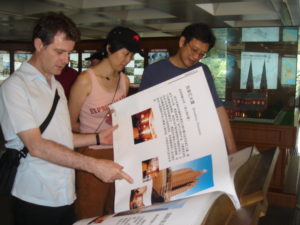 ICI was started with a generous $10 million endowment from the Starr Foundation. In line with the Institute’s initial vision, the endowment was split between two endowed professorships, an “Asian Leaders” fellowship program (the ICI Fellows), and a publications and research component.
ICI was started with a generous $10 million endowment from the Starr Foundation. In line with the Institute’s initial vision, the endowment was split between two endowed professorships, an “Asian Leaders” fellowship program (the ICI Fellows), and a publications and research component.
Ashok Gurung, who joined The New School as a Professor of Practice in the Milano School of International Affairs, Management and Urban Policy, was asked to take on the role of first Senior Director. Grace Hou, then senior paralegal in the Office of the Vice President and General Counsel, was appointed to the Institute. In 2012 ICI hired Mark Frazier and Sanjay Reddy as Co-Academic Directors, which provided an opportunity to focus on expanding the research agenda within The New School. In 2019 Manjari Mahajan joined as ICI Academic Co-Director.
ICI receives support from the original Starr Foundation endowment, as well as project-specific grants received from the Ford Foundation and the Henry Luce Foundation.
Past Leaders
Past Members & Ex-Officio Members of the Faculty Advisory Committee

Jonathan Bach
Professor, Global Studies
The New School for Social Research
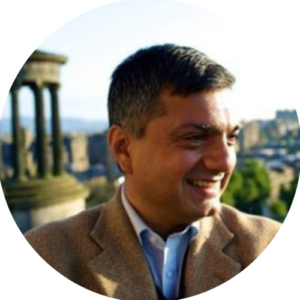
Faisal Devji
Asst. Professor, University of Liberal Studies
Eugene Lang College, The New School for Liberal Arts
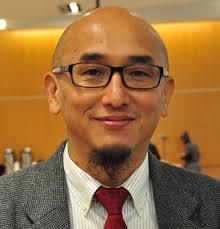
Ashok Gurung
Senior Director
India China Institute
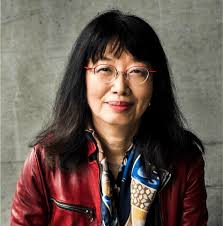
Eiko Ikegame
Professor, Sociology and Historical Studies
The New School for Social Research
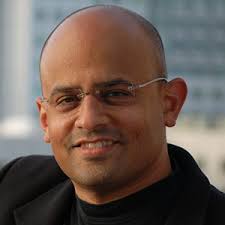
Aseem Inam
Associate Professor, Urbanism,
School of Design Strategies, Parsons School of Design

Lily Ling
Associate Professor, International Affairs
Milano School of International Affairs, Management and Urban Policy

Tim Marshall
Dean
Parsons School of Design

Victoria Marshall
Assistant Professor, Urban Design
School of Design Strategies, Parsons School of Design

Brian McGrath
Professor, Urban Design
Parsons School of Design

Shagun Mehrotra
Assistant Professor, Sustainable Development
Milano School of International Affairs, Management and Urban Policy

Emma Park
Assistant Professor, History
New School for Social Research and Lang College of Liberal Arts
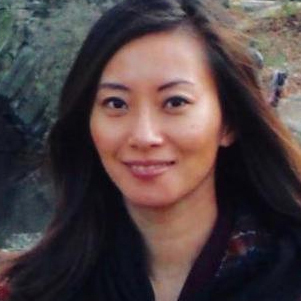
Lei Ping
Assistant Professor,
China Studies
Schools of Public Engagement
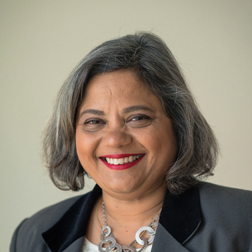
Latha Poonamallee
Associate Professor, Management and Social Innovation
Schools of Public Engagement
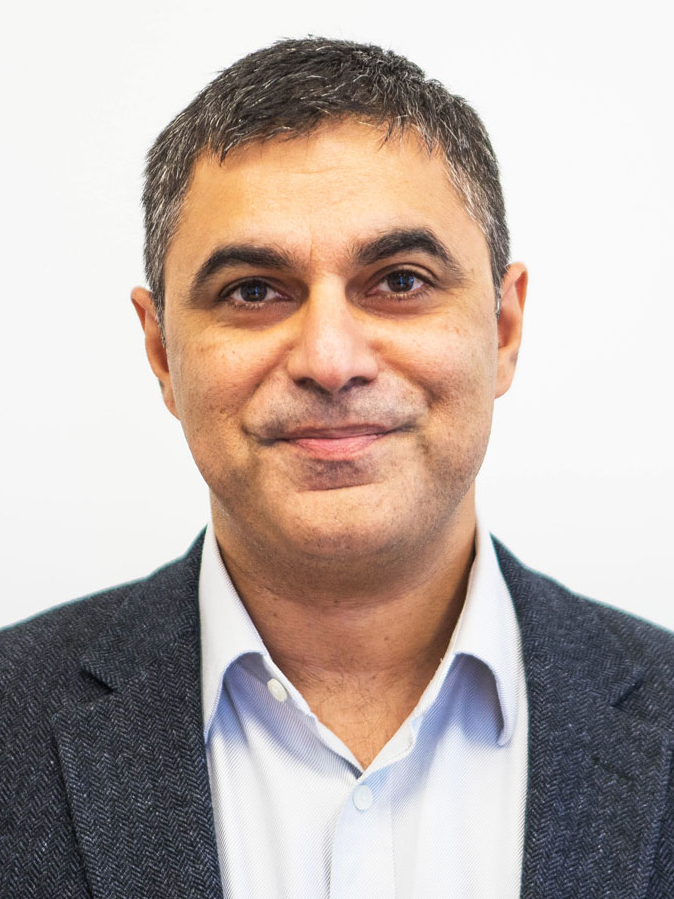
Sanjay Ruparelia
Associate Professor, Politics
The New School for Social Research

Bryna Sanger
Deputy Provost and Senior Vice President for Academic Affairs
The New School
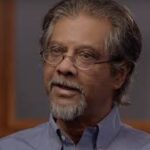
Anwar Shaikh
Professor, Economics
The New School for Social Research

Joel Towers
Associate Provost for Environmental Studies
Director, Tishman Environmental and Design Center

I-Hsien Wu
Assistant Professor, Chinese language and literature
The New School
About The New School
Since its founding in 1919, The New School has redrawn and redefined the boundaries of intellectual and creative thought as a preeminent academic center. The rigorous, multidimensional approach to education dissolves walls between disciplines and helps nurture progressive minds, and students have the academic freedom to shape their unique, individual paths for a complex and rapidly changing world.


